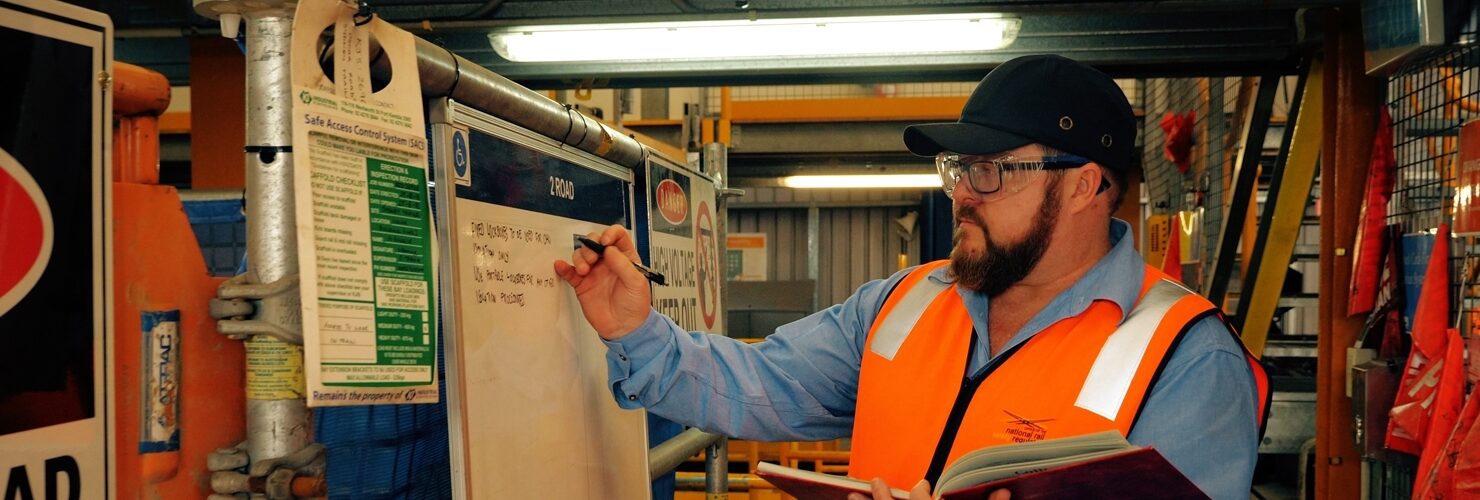Monday, March 26, 2018
Management of emergency working (unplanned works)
ONRSR reminds all rail transport operators to be aware of the inherent risks associated with undertaking emergency or unplanned maintenance.

It is ONRSR’s view that unplanned and emergency works present a significant risk to safe rail operations around Australia. The message to operators is clear – no matter the urgency, following a safety management system (SMS) provides the best means of ensuring safety when time and resources are at a premium.
Your SMS should include appropriate network rules and procedures that detail a process allowing track maintenance staff safe access to the rail corridor to carry out repairs, regardless of whether it is for planned work or responding to an infrastructure failure that requires immediate attention.
Operators should have clearly defined roles and responsibilities for staff required to access the rail corridor and for those in charge of overall site safety, and ensure the correct personal protective equipment is used. All the necessary lines of communication should be open and working. Everyone involved, from drivers to train controllers, signallers and workers must be aware of the working environment and any changes that may take place.
Emergency working procedures should also address the availability of staff, paying particular attention to fatigue, and a person’s suitability for deployment to an emergency work situation.
Failure to adhere to safeworking processes can have tragic consequences and such is the national regulator’s concern that the issue of track worker safety has been constant among ONRSR’s national priorities for the last three years.
In 2018 ONRSR will initiate a new national compliance project focused on unplanned and reactive track work activities, together with an industry-wide safety improvement initiative.
Further information on the rate of track work procedure / rule breaches and ONRSR’s track work – competency and communication is available from the National Safety Data - national priorities